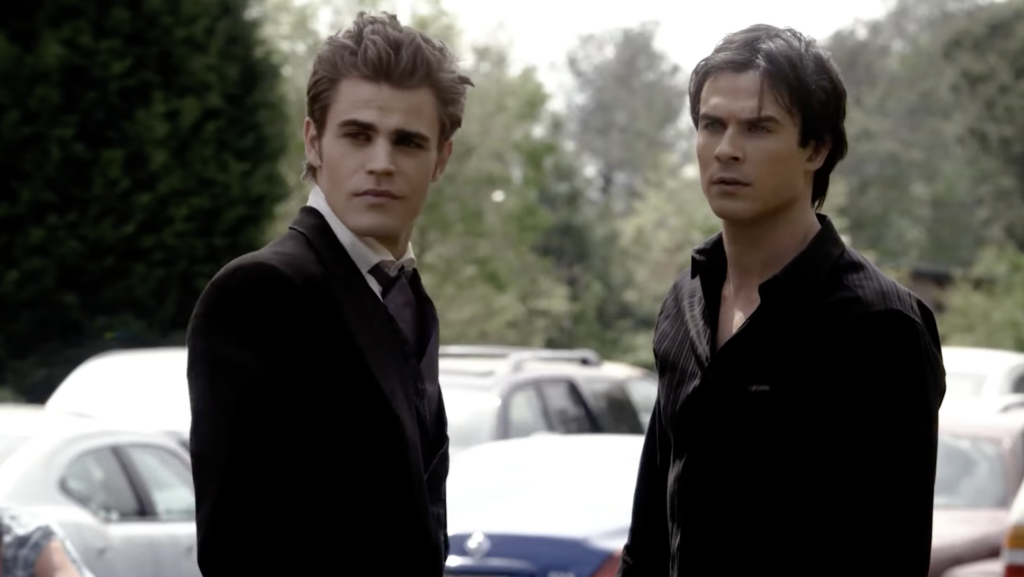For fans of science fiction, fantasy, and supernatural television, one question looms: Where have all the great genre shows gone?
From the joint adventures of Xena: Warrior Princess to the small-town charm of Eureka, from the gripping mysteries of The X-Files to the sprawling vampire tales of The Vampire Diaries, genre television once ruled the airwaves.
Fans love escapism through thrilling stories and cherished characters that have become cultural icons. However, as we trudge through the 2020s, finding similar shows can feel like finding a needle in a haystack. What happened?
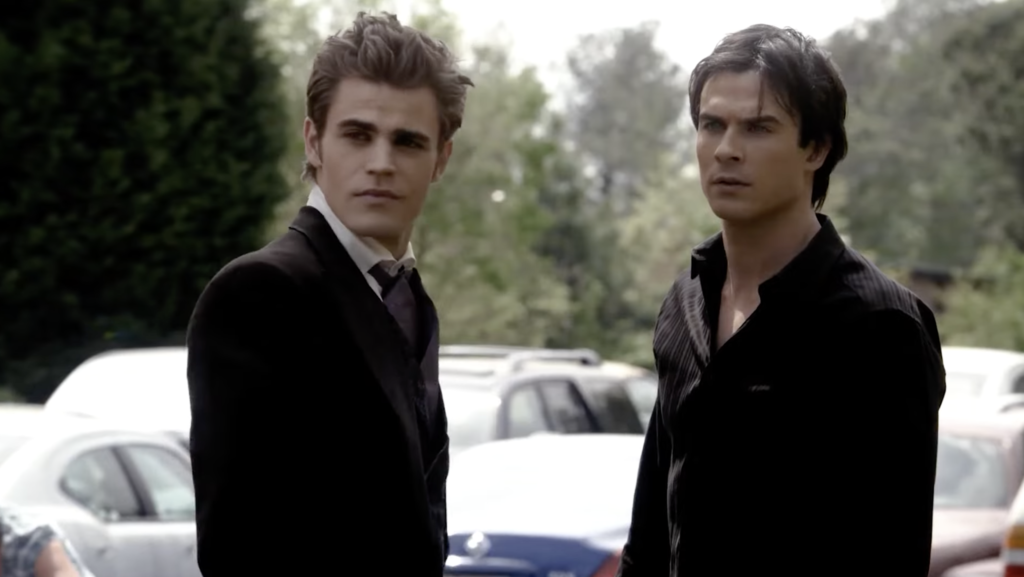
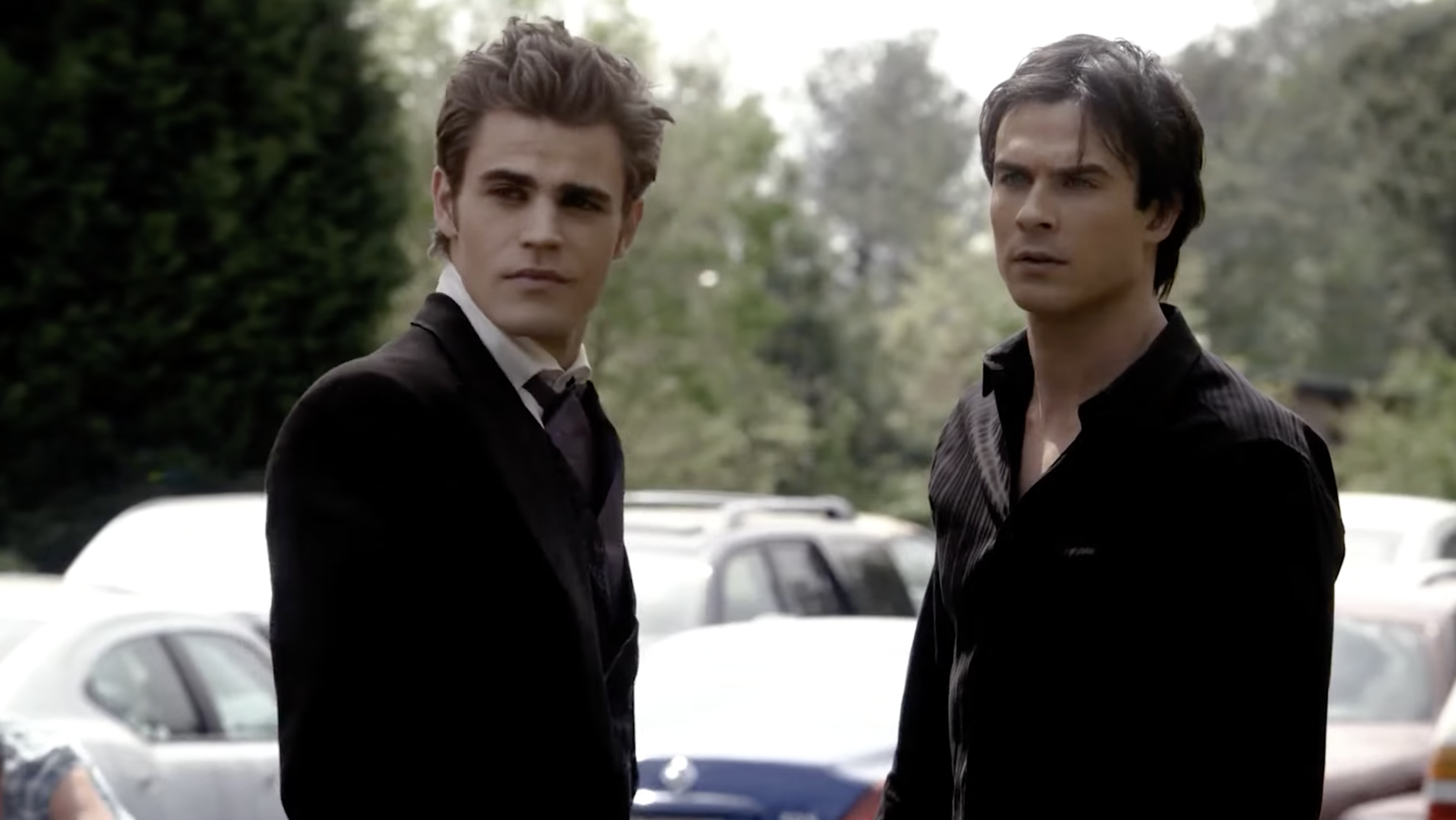
A golden age of escapism
The ’90s were the heyday of genre programming, with Xena, Warrior Princess and Hercules: The Legendary Journeys leading the way. I never missed “Beastmaster” because Daniel Goddard’s smile could light up a room.
The shows thrive in syndication, bringing viewers sword-and-sandal epics every week. Sure, they’re contrived and the action is over-the-top, but the story is heartfelt and the mythical characters feel very human.
The arrival of Buffy the Vampire Slayer takes things to another level. It’s a teen sensation that combines sharp wit with monster-of-the-week thrills and explores universal themes of love, loss, and growing up.
Buffy’s battles with sexy vampires highlight the struggles of teenagers, making her a unique and relatable hero. The mix of fact and fiction unleashes some of the best storytelling we’ve ever seen on television, and it’s aimed at teenagers.


“The Body” remains one of the most compelling depictions of loss ever written. Where can you find content for teens or adults today?
The genre further evolved in the 2000s with Smallville .
It’s a fresh take on Superman’s origins, using Clark Kent’s teenage years to explore similar themes, this time from a male perspective. Clark embraces his superpowers just as a boy takes on his manly responsibilities.
Shows like Warehouse 13 and Eureka on Syfy immerse us in quirky and clever worlds that bring wonder and fun to the small screen.
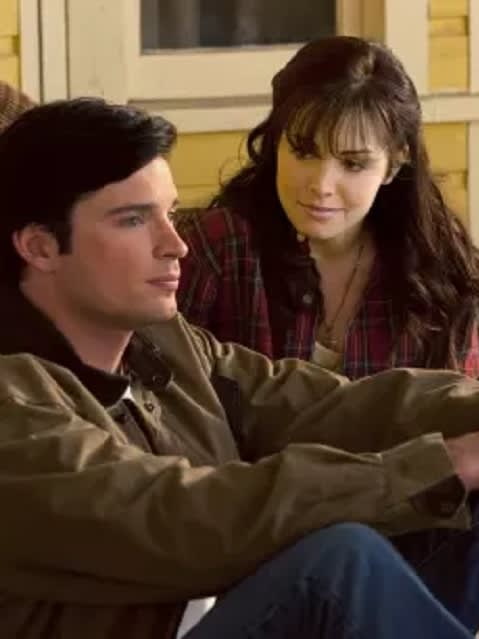

The characters are sincere and humorous. We want to be friends with them and join them on their exciting adventures.
Supernatural showcases brotherly relationships in the supernatural world. Sam Winchester and Dean Winchester went from wayward brothers to life-or-death brothers over the course of 15 seasons, which literally landed them in hell multiple times Back again.
They grow up before our eyes, from boys to men, from saving each other to saving the world and back again. There are very few shows left with this kind of scope, let alone in the genre realm.
The rise of prestige television
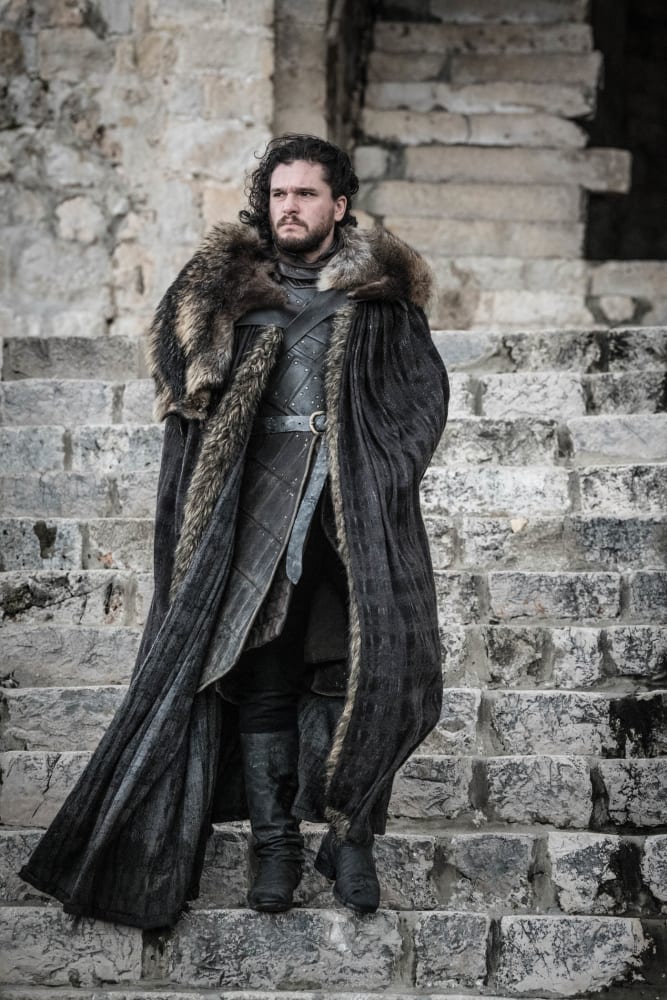

Genre television reached new heights in the 2010s with shows like Game of Thrones, The Walking Dead and The CW’s Arrowverse. Their epic scope and complex characters were paired with series-like storytelling that fans couldn’t (and still can’t) get enough of.
The Arrowverse, in particular, offers a wealth of interconnected superhero stories that are a dream come true for comic book fans.
The interconnected universe explores the human struggle through a vast array of locations and characters that may never match up.
TV fans know the appeal of The Vampire Diaries and its spin-off The Originals, which keep the flames of supernatural romance burning brightly, often pitting fans against each other as “shipping culture” rises.
This world captivates fans with its emotional depth and high-stakes drama, and no character is safe for long. We spend a lot of time trying to imagine what’s going to happen next, which is a common thread among many shows in this genre.


Shows like Fringe keep the torch alive for fans who crave the weird, wild, and wonderful, capitalizing on and expanding on The X-Files’ beginnings in the world of conspiracy theories.
Embracing the unknown and daring viewers to think outside the box while investing in long-lasting mysteries allows such shows to go far beyond the scope of their on-air storytelling.
And let’s not forget Syfy’s Saturday night creature features, which were goofy and often CGI-challenged — the best popcorn movie ever. The Sharknado series proves their appeal. I still miss the tried-and-true Syfy on Saturday nights.
What has changed in the 2020s?
Now more than ever, fans of genre shows are feeling the absence of beloved shows.
Streaming services may dominate, but they haven’t strayed too far from the path of online TV. In fact, Netflix’s most successful shows, like The Lincoln Lawyer and The Night Guy , feel very adjacent.
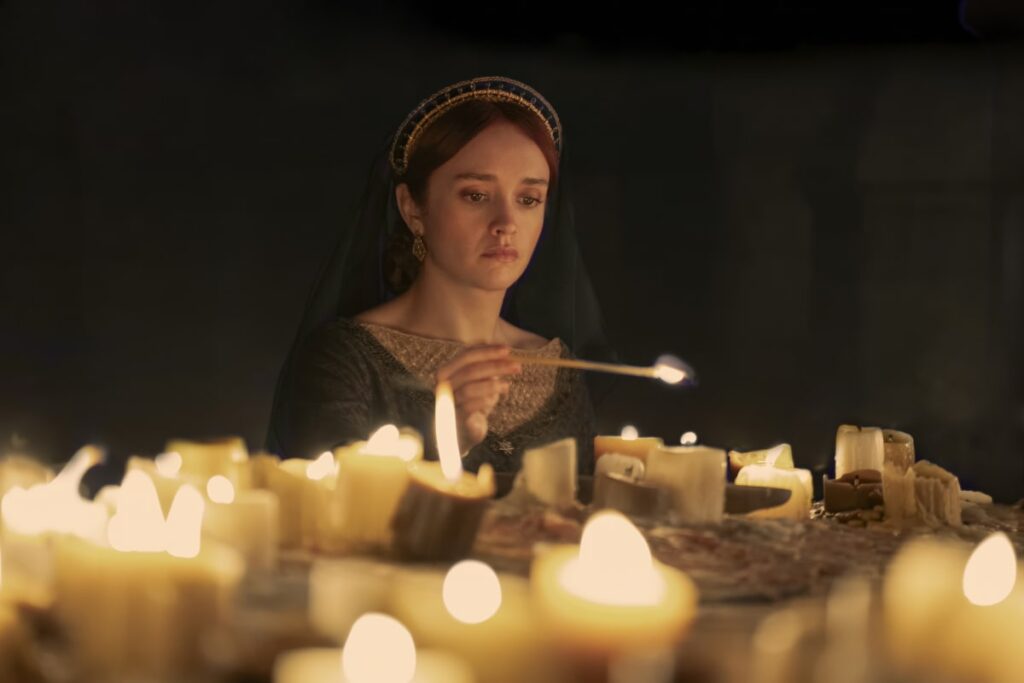
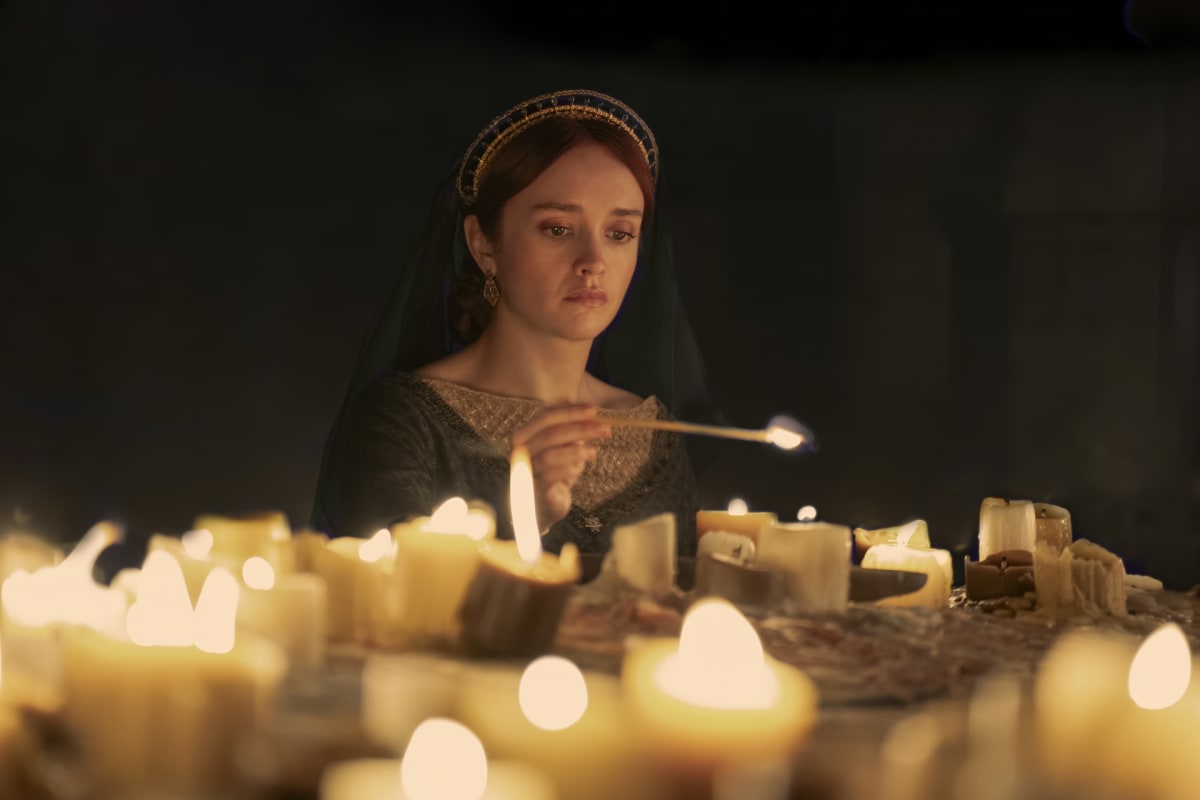
Streaming media offers a wealth of content, but often abandons original genre series in favor of franchises like The Mandalorian or House of the Dragon.
Yes, these shows are great in their own right, but they lack the scrappy charm and variety of ideas that made the earlier shows so enjoyable.
The demise of the Syndicate also played a role.
“Xena” and “Beastmaster” thrive in an ecosystem where local stations need shows to fill their schedules.
Now, they use repetitions, often for hours on end, and run day and night. This fits the “turn it on and walk away” mentality of streaming, but it doesn’t allow small-budget genre shows to find a home.
Even with a breakout hit like “Yellowjacket,” long gaps between seasons threaten to lose momentum. Fans who watched the first season’s survival horror and psychological drama found the second season’s hustle and bustle to be much quieter, and it’s a cautionary tale for both producers and fans today.
Why fans miss genre TV
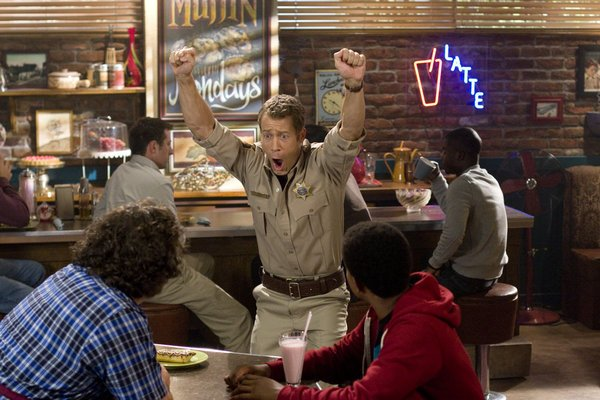

What fans love most about these shows isn’t just the imaginative scenes or thrilling plots, but the heart. Genre shows give us heroes to root for, villains to hate, and stories that stick with us long after the credits roll.
One of the things I miss most about genre shows is the love. Friendship is fierce, romantic love is passionate. The characters feel that much more deeply as each episode offers a life-or-death challenge.
Shows like “Buffy,” “Eureka” and “The Vampire Diaries” aren’t just escapism; they’re community, a place where fans can see themselves reflected in unique situations.
We didn’t take them to social media to discuss these issues, but we found our own center where we could be one with other fans and where we could argue with other fans.


Maybe that’s what’s missing right now: the feeling of discovery, the joy of finding a show that feels like it was made just for you and a place to talk about it.
Streaming algorithms can’t replicate the magic of stumbling across a strange gem on TV or connecting with friends over a shared obsession.
In fact, they make it harder than ever to find shows and communities around them, because lingering on an ad for too long plants the seed of an algorithm that will find streamers urging you to watch. Similar shows you don’t even like.
The lack of consistent, diverse genre programming and the inability to easily find content within them leaves a void for the people who find their passion and identity in these stories.
A promising future?
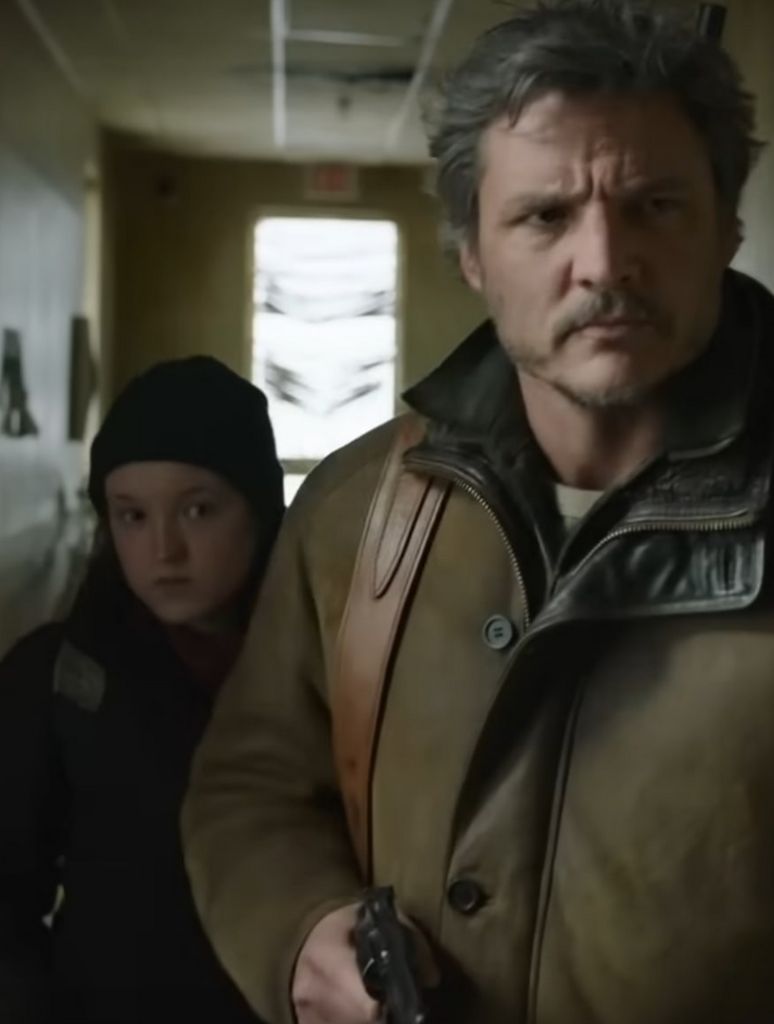

For those of you wondering why I’m complaining when there are still so many genre shows to choose from, I admit that all hope is not lost.
Shows like The Last of Us and The Boys prove that people are still interested in fantasy and supernatural storytelling. But they also hint that we’re looking for a grittier, less romantic adventure, but I don’t believe that’s the case.
The key to reigniting the flame of genre programming is embracing what made it unique in the first place: creativity, community, and heart.
We want more than spectacle; we want connections, characters we can grow with, and stories that make us believe the impossible.
For genre TV to make a comeback, networks and streaming platforms need to take risks on new ideas and support creators in crafting long-term stories.
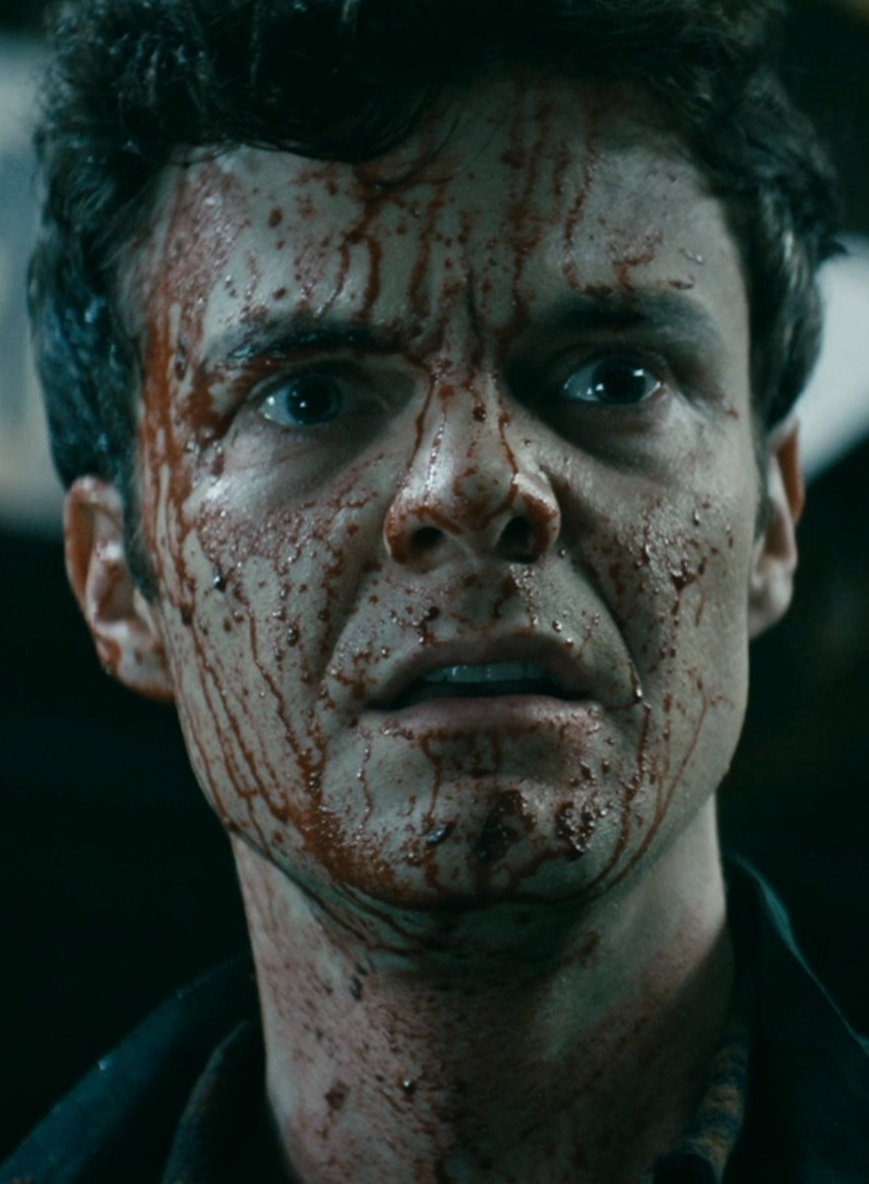

They need to trust fans to show up for something new, just like they did for Buffy, Xena, and countless other heroes.
In the meantime, fans like me will continue to wait, hoping that the next breakout hit will remind us why we fell in love with genre programming in the first place.
After all, the best stories never really disappear—they’re just waiting to be rediscovered.
Tell me what you think! Do you miss the golden age of genre programming, when there were vampires, mutant sharks, or superheroes around every corner?
Share your thoughts with us in the comments!

